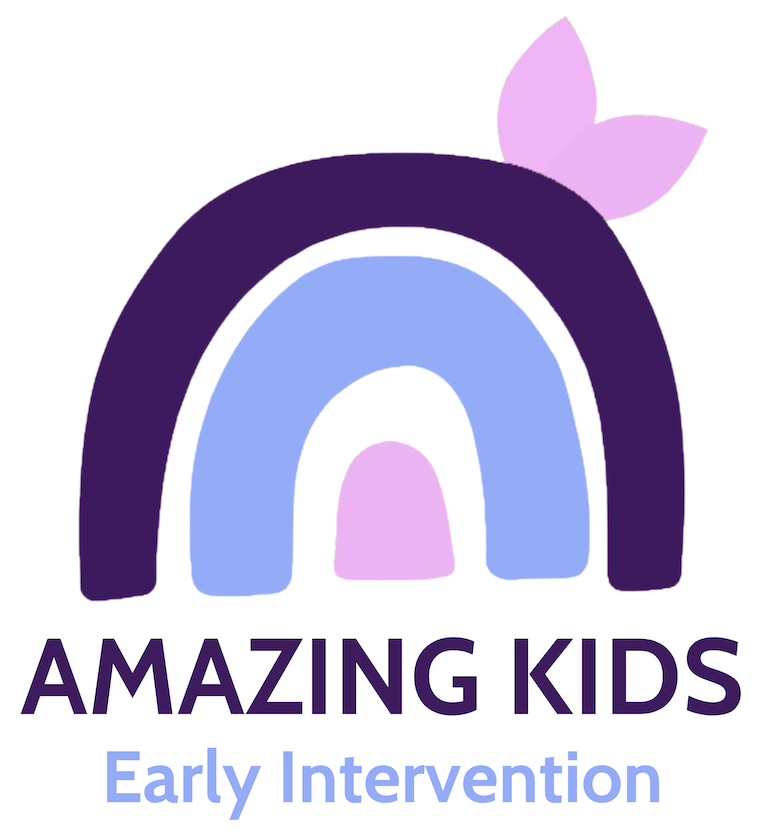Nurturing a sense of self-worth, confidence, and emotional well-being is essential for all young children, and particularly for those on the autism spectrum. Early intervention plays a crucial role in promoting these qualities, and at Amazing Kids, our ESDM early intervention services in Melbourne recognise the importance of empowering young autistic children and fostering their emotional well-being. Through the implementation of Early Start Denver Model (ESDM) principles and techniques, parents and potential therapists alike can bolster the self-esteem and emotional resilience of autistic children, paving the way for a lifetime of self-assuredness and personal fulfilment.
In this in-depth and thought-provoking blog post, we will discuss the role of ESDM in cultivating self-esteem and confidence in autistic children, examining the principles and techniques that contribute to emotional well-being and resilience. We will explore strategies such as positive reinforcement, nurturing strengths, fostering independence, and establishing a supportive environment, all of which contribute to the holistic emotional development of young autistic children.
Our objective is to provide parents and potential therapists with practical guidance and resources to help them empower and support their young autistic children, ensuring that they are equipped with a strong foundation of self-esteem and emotional resilience as they navigate the world around them.
1. Positive Reinforcement and Celebrating Successes
The power of positive reinforcement cannot be overstated when it comes to building self-esteem and confidence in autistic children:
- Utilise ESDM techniques to provide consistent, immediate, and descriptive praise for your child’s efforts, accomplishments, and progress, reinforcing desirable behaviours and fostering self-esteem.
- Celebrate your child’s successes, both big and small, creating a positive feedback loop that encourages continued effort, motivation, and confidence.
- Focus on appreciating the process and the journey rather than solely emphasising the end result, fostering a growth mindset and resilience in the face of challenges.
2. Nurturing Strengths and Special Interests
Embracing and nurturing your child’s strengths, talents, and special interests form a solid foundation for self-esteem and emotional well-being:
- Recognise and support your child’s unique strengths and talents, fostering opportunities to explore and develop them within their daily routines and activities.
- Integrate ESDM techniques into your child’s preferred activities to capitalise on their motivation and interest, creating a natural environment for learning, development, and accomplishment.
- Validate and celebrate your child’s special interests, encouraging autonomy and independent exploration while also creating opportunities to share their passions with others.
3. Fostering Independence and Self-Advocacy
Encouraging independence and self-advocacy in autistic children is an essential part of building self-esteem and emotional resilience:
- Differentiate between tasks that your child can complete independently and those requiring assistance, providing the necessary scaffolds and support to promote autonomy and confidence.
- Use ESDM techniques to promote functional communication and self-advocacy, encouraging your child to express their needs, feelings, and preferences in a constructive manner.
- Gradually increase the level of responsibility and autonomy your child experiences, empowering them to face and overcome challenges, ultimately boosting their confidence and resilience.
4. Establishing a Supportive Environment
Creating a supportive and uplifting home environment plays a significant role in fostering self-esteem and emotional well-being in autistic children:
- Ensure that your home environment is a safe and nurturing space where your child feels comfortable and secure to explore, learn and grow.
- Encourage open and honest communication among family members, promoting a culture of empathy, understanding, and support for your child’s unique needs and experiences.
- Involve siblings, extended family, and friends in supporting your child’s emotional well-being, fostering a well-rounded network of encouragement and affirmation.
Conclusion:
Emotional well-being, self-esteem, and confidence are vital components of healthy development for all young children, and especially those on the autism spectrum. By utilising Early Start Denver Model (ESDM) principles and techniques in your daily routines, you can foster an environment that supports and empowers your autistic child, nurturing their emotional resilience, self-esteem, and overall personal growth.
At Amazing Kids, we are passionate about providing guidance and resources for parents and potential therapists who are dedicated to the emotional well-being and self-esteem of their young autistic children. Reach out to us today to learn more about our ESDM early intervention services in Melbourne and how we can support you in fostering a strong foundation of emotional resilience and self-esteem in your amazing child.
